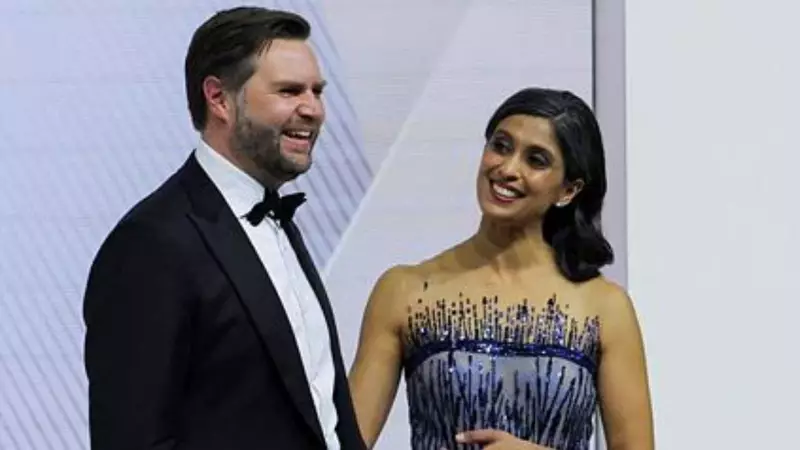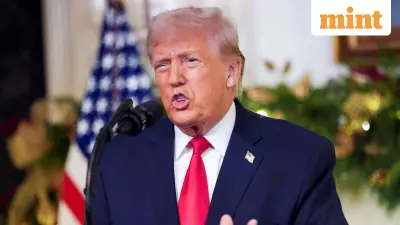
The story of Usha Chilukuri Vance, wife of Republican vice-presidential candidate JD Vance, reads like a political allegory for our times. Her journey from a Hindu family background to Catholic convert has become an uncomfortable spotlight on the rising tide of Christian nationalism in American politics.
From Academic Excellence to Political Symbol
Usha Vance's credentials are undeniably impressive—Yale Law graduate, accomplished attorney at Munger Tolles & Olson, and law clerk for Supreme Court Chief Justice John Roberts. Yet in the current political landscape, her professional achievements seem secondary to her religious transformation.
The conversion, celebrated by conservative circles as a "miracle," raises troubling questions about what space exists for religious minorities in JD Vance's vision for America. When the former president declared Vance as his running mate, he notably highlighted Usha's conversion story rather than her considerable professional accomplishments.
The Uncomfortable Reality of Religious Erasure
This narrative isn't just about personal faith choices—it's about what kind of America the Vance ticket represents. The emphasis on Usha's conversion subtly reinforces the idea that to be truly American, one must conform to certain religious norms. Her Hindu background becomes something to be overcome rather than celebrated as part of America's rich religious tapestry.
Conservative commentator Charlie Kirk's characterization of the conversion as demonstrating that "all are welcome in this movement" ironically highlights the very problem—that welcome seems conditional on adopting the majority religion.
Christian Nationalism's Political March
JD Vance's own political evolution tells a similar story. Once critical of Trump, he has fully embraced the Make America Great Again agenda, complete with its strong undercurrents of Christian nationalism. His wife's conversion fits neatly into this narrative, serving as a powerful symbol for the movement.
The timing and prominence given to this personal religious journey suggests a political calculation—one that aligns with the growing influence of Christian nationalist ideas in Republican politics. It raises fundamental questions about whether there's genuine room for religious pluralism in this vision for America.
A Nation at a Crossroads
As America moves toward another critical election, the story of Usha Vance serves as a microcosm of larger cultural and religious tensions. Her transformation from Usha Chilukuri, daughter of Indian immigrants, to Usha Vance, Catholic convert and political wife, mirrors the country's struggle with identity, belonging, and the meaning of religious freedom.
The real question isn't about Usha Vance's personal faith journey, but about what her story says about the America her husband wants to lead—and whether there's place in it for those who choose different paths.





